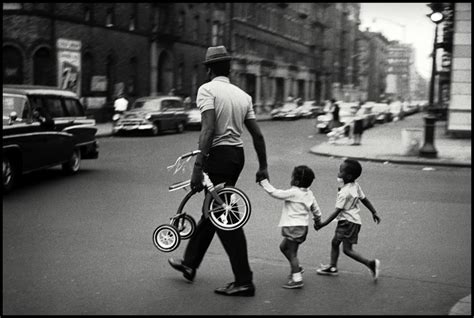A Quote by Elias Hicks
In reading the scriptures of truth, we often put wrong constructions upon them, and apply them improperly; and I apprehend it has often been the case in relation to this portion, particularly that part in relation to man's seeking out many inventions.
Related Quotes
Take the gesture, the action of writing. I have an almost obsessive relation to writing instruments. I often switch from one pen to another just for the pleasure of it. I try out new ones. I have far too many pens - I don't know what to do with all of them! And yet, as soon as I see a new one, I start craving it. I cannot keep myself from buying them.
Laziness acknowledges the relation of the present to the past but ignores its relation to the future; impatience acknowledge its relation to the future but ignores its relation to the past; neither the lazy nor the impatient man, that is, accepts the present instant in its full reality and so cannot love his neighbour completely.
There is scarcely room for doubt that something in the psychological relation of a mother-in-law to a son-in-law breeds hostility between them and makes it hard for them to live together. But the fact that in civilized societies mothers-in-law are such a favourite subject for jokes seems to me to suggest that the emotional relation involved includes sharply contrasted components. I believe, that is, that this relation is in fact an 'ambivalent' one, composed of conflicting affectionate and hostile impulses.
While almost all men feel an attraction drawing them to society, few are attracted strongly to Nature. In their reaction to Naturemen appear to me for the most part, notwithstanding their arts, lower than the animals. It is not often a beautiful relation, as in the case of the animals. How little appreciation of the beauty of the landscape there is among us! We have to be told that the Greeks called the world Kosmos, Beauty, or Order, but we do not see clearly why they did so, and we esteem it at best only a curious philological fact.
Religion, therefore, as I now ask you arbitrarily to take it, shall mean for us the feelings, acts, and experiences of individual men in their solitude, so far as they apprehend themselves to stand in relation to whatever they may consider the divine. Since the relation may be either moral, physical, or ritual, it is evident that out of religion in the sense in which we take it, theologies, philosophies, and ecclesiastical organizations may secondarily grow.
Every field piece I did on 'The Daily Show' was a story that lasted five to six minutes. We had a protagonist, we had an antagonist and often put them at odds. We knew the story we wanted to tell before we went in, and often it was about plugging whatever character you have - in this case, a real person - into said part.






































